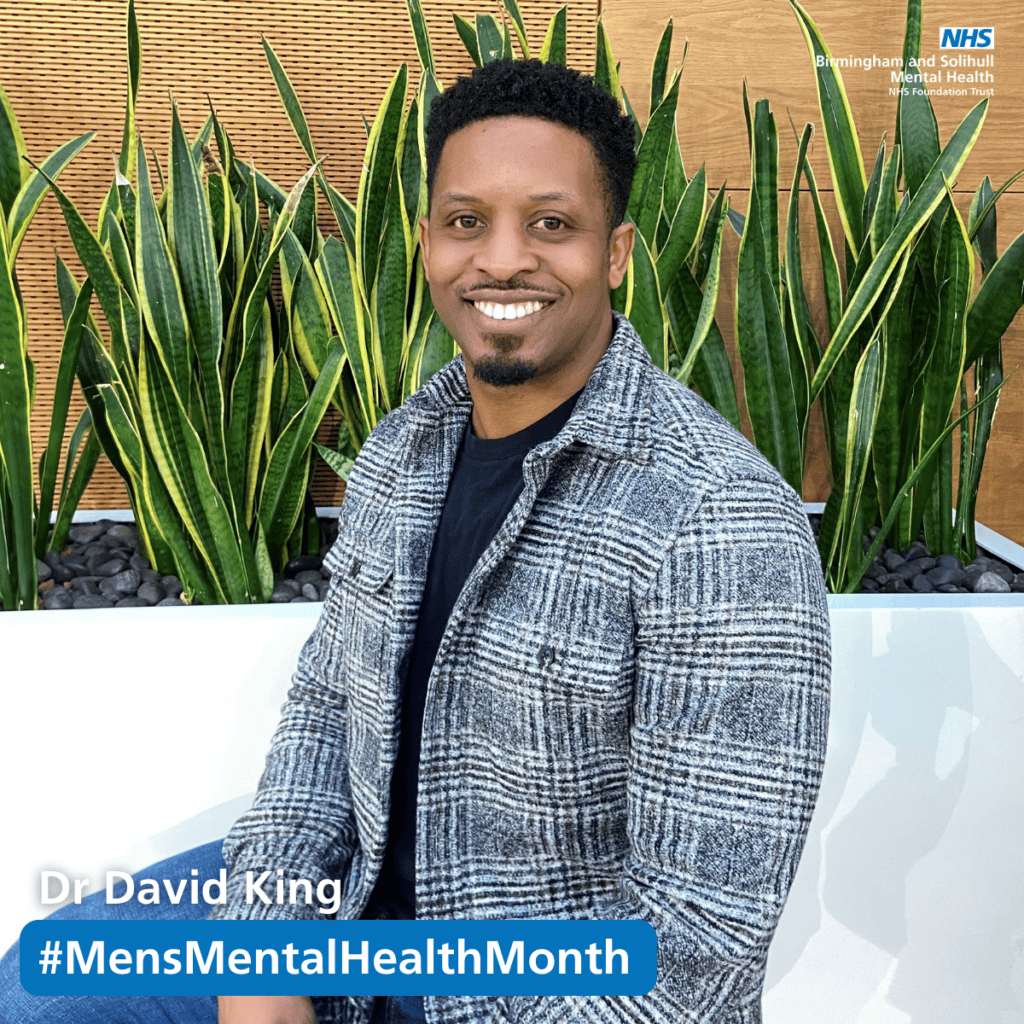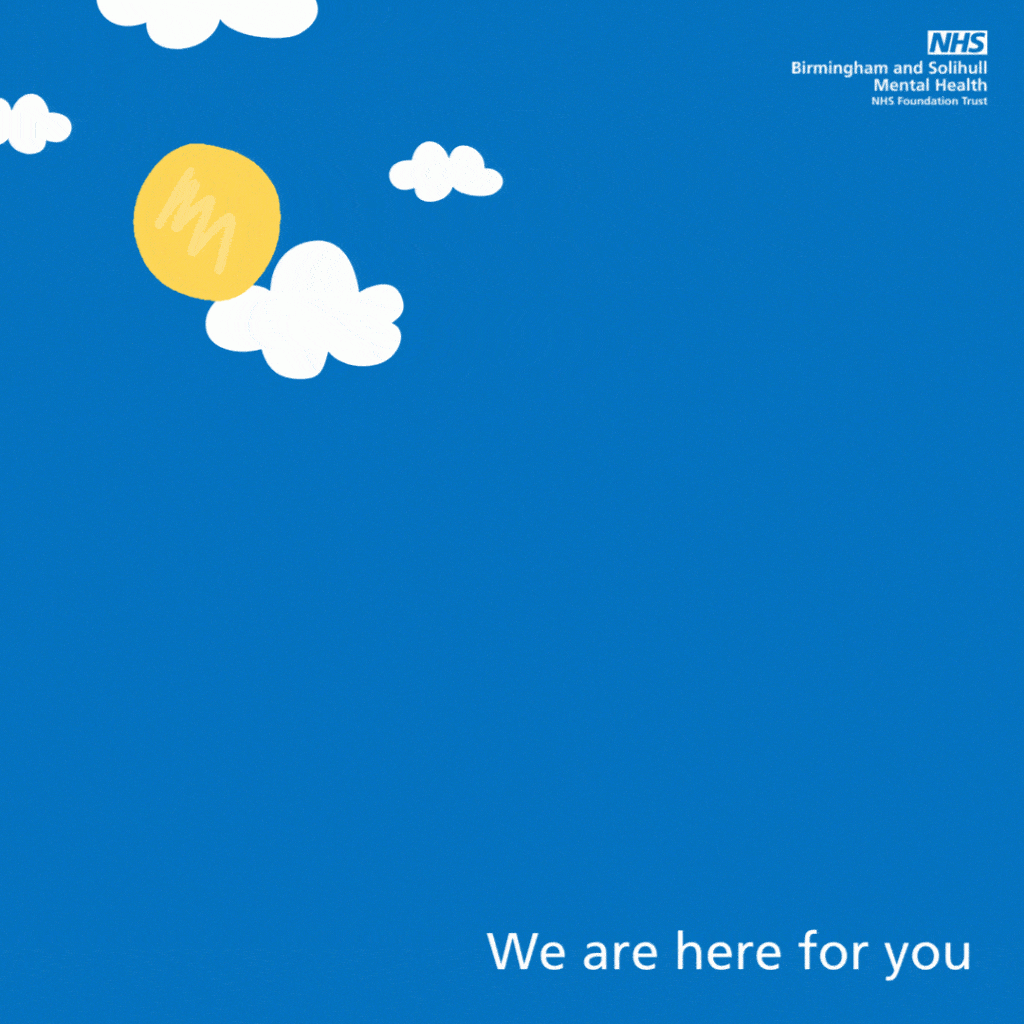Therapy brought me closer to the real me.

To mark Men’s Mental Health Month, we reached out to Dr David King, Senior Counselling Psychologist to help us encourage more men to speak out about their mental health. David looks at stereotypical expectations of masculinity and explains how damaging this can be, particularly in relation to mental health. On a more personal note, David shares his journey towards good mental health and how therapy played a huge part in helping him cope with life’s challenges.
“Men’s mental health is a subject close to my heart. I’ve witnessed first-hand the ripple effect it creates in the lives of families and communities when difficulties are not treated, leaving a potential lasting legacy.
Research on men’s mental health highlights the expectations we have in society of masculinity which contributes to why men are less likely to share their worries. Despite our growing understanding of mental health, the stigma attached to seeking help continues. This leaves many men trapped in unhelpful cycles and suffering in silence as a consequence.
The next time you are at your workplace, an upcoming sports event, or your next family gathering, there will be individuals around you who are experiencing mental health challenges. The truth is, in spite of what society may lead us to believe, men are complex beings, with visible and invisible layers of intersectionalities in our lives.
Working as a psychologist has not shielded me from hard times in life. My personal journey into therapy began as a mandatory part of my training, evolving into an experience that truly changed parts of my life.
Describing what therapy did for me, I’d say it ‘switched the lights on.’
It brought me closer to the ‘real me’ by offering a space to express deep emotions which were part of my personal story. It helped me embrace my imperfections with compassion and celebrate my character strengths confidently.
Connecting with men in therapy spaces has allowed me to explore and challenge strongly held beliefs about masculinity. These moments are often powerful and sacred, as for many, it might be their first time sharing the most intimate aspects of their lives due to the stigma or worries attached to disclosing their pain. During this process, some men have shared how therapy has helped to reduce their distress, validate their experiences, develop coping skills, and introduce new helpful strategies into their lives. For others, just having someone to talk to was everything.
I, like many men continue to be a work in progress. I would say if you are reading this and deep inside, you know you want to make changes or you are beginning to recognise that your current challenges are getting in the way of the things in life that are important to you, please reach out for support, don’t wait.
There are people like me who will be glad that you did and would be happy to support you.
“Taking the first step to change can feel really scary, particularly if you are unsure of what to expect. Trained professionals know this, which is why they will work with you and at your pace to ensure you remain in the driving seat.”
Don’t feel like you have to suffer in silence, there is always someone to listen to you.
If you are having more bad days than good, please speak to your GP or call us on 0121 262 3555.
Published: 29 November 2023









